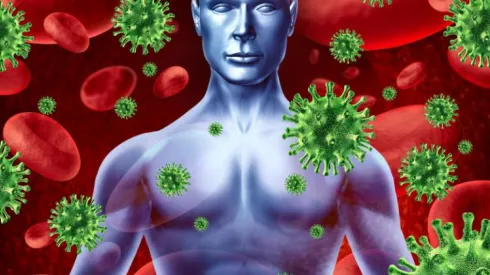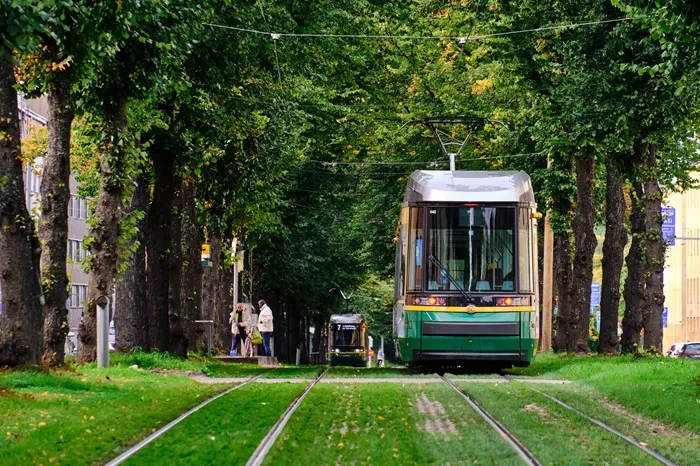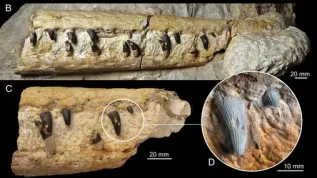-

How we beat COVID-19 is down to ‘normal people’, not the 'rich and powerful' says Copernicus Science Centre Director Robert Firmhofer
The shape of the world after the pandemic depends on our choices. And we are facing several alternatives: science or populism, openness or closure, solidarity or elitism. Nothing is decided yet, Robert Firmhofer, director of the Copernicus Science Centre, says in an interview with PAP.
-

Cryptocurrencies Are a Serious and Fully-Fledged Financial Instrument
The cryptocurrency market in the last two years has become increasingly similar to the mature global currency market (Forex) and can be treated as a serious and full-fledged financial instrument, physicist have concluded.
-

Poles are most afraid of loved ones, healthcare and financial crisis, coronavirus survey finds
A new survey has found that the greatest concerns about coronavirus are loved ones falling ill, overcrowded healthcare and a financial crisis.
-

Scientists Develop Algorithm to Quickly Rid Social Media of Fake News
A new system for detecting fake news has been developed by scientists at the North Carolina State University and the Army Research Office.
-

Scientists Develop New Method to Search for Gravitational Waves
An international team of scientists has put forward a new method of searching for gravitational waves emitted by Core-Collapse Supernova (CCSN) explosions.
-

International Team of Psychologists to Investigate Stress Effects of Coronavirus
A pioneering research project to support governments, policy makers, healthcare workers and experts in making decisions and taking measures during the coronavirus pandemic is being launched by an International team of scientists and coordinated by the University of Silesia in Katowice.
-

Coronavirus Reveals Gaps in our Knowledge but Provides Fertile Ground for Research and Analysis Across the Board
While the coronavirus and subsequent mass quarantines reveal gaping holes in our knowledge, the pandemic also provides scientists with a huge chunk of research material in fields as wide ranging as epidemiology, sociology, psychology, biology, engineering and economics.
-

Food For Thought: We Prefer to Eat What We Know But Food Neophobia Prevents Diet Change
Aversion to unknown foods allowed us to avoid toxic foods in the course of our evolution. Now that food is in abundance, food neophobia may make switching to a healthier diet difficult, says psychologist Dr. Klaudia Modlińska from the Institute of Psychology of the Polish Academy of Sciences.
-

Church Scandals see Decline in Religion Across Europe
Religion is on the decline across Europe because of scandals in the Catholic Church, says a leading Warsaw academic.














